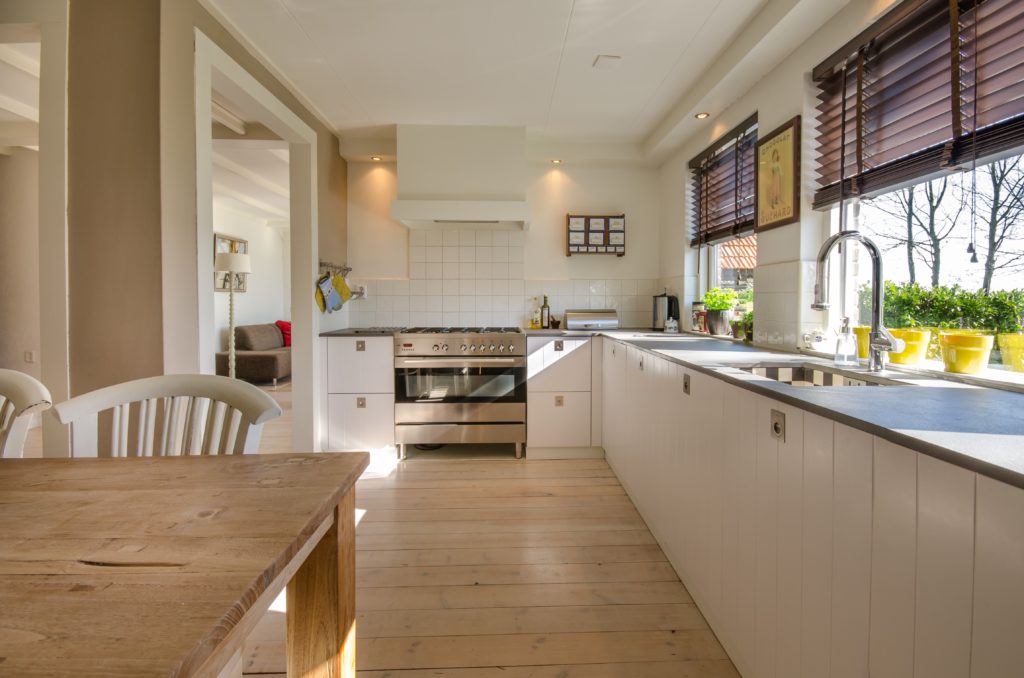Unexpected repair costs in apartment buildings can strain budgets and cause frustration for both property managers and residents. While some expenses are unavoidable, many costly repairs can be prevented with proactive planning and regular maintenance. A well-maintained building not only saves money in the long run but also ensures a safe and comfortable living environment.
One of the most effective ways to catch problems before they turn into expensive repairs is through site inspections. Regular checks help identify minor issues early, allowing property managers to address them before they escalate into costly damage. But inspections alone aren’t enough—consistent upkeep, financial planning, and resident cooperation all play a role in keeping repair costs under control.
Conduct Regular Preventative Maintenance
Routine maintenance is one of the best ways to avoid expensive, last-minute repairs. When small issues go unnoticed, they can quickly turn into major problems that require urgent attention.
- Plumbing checks: Inspect pipes, water heaters, and drainage systems regularly to prevent leaks and water damage.
- Electrical system reviews: Ensure wiring, circuit breakers, and outlets are in good condition to reduce fire risks.
- HVAC servicing: Heating and cooling systems should be inspected and cleaned to avoid breakdowns.
- Roof and exterior maintenance: Address minor roof damage before leaks and structural issues develop.
A structured maintenance schedule ensures that critical systems remain in working condition and extends the lifespan of expensive equipment.
Create a Repair and Replacement Fund
Unexpected repair costs often arise when there’s no financial plan in place to handle them. A dedicated repair and replacement fund can prevent financial stress and allow for timely repairs without straining monthly budgets.
- Estimate future repair costs based on past maintenance records.
- Set aside a portion of fees collected from residents or property owners.
- Reassess the fund annually to ensure it covers potential upcoming repairs.
Having a reserve fund in place allows for quick action when repairs are needed, preventing minor issues from worsening due to budget constraints.
Establish a Clear Maintenance Request Process
Delays in reporting and addressing maintenance issues can lead to bigger, costlier problems. Encouraging residents to report issues as soon as they arise can help prevent unnecessary damage.
- Use an online maintenance request system to track and document issues.
- Set clear response times so residents know when to expect repairs.
- Educate residents on early warning signs of common problems, such as water stains indicating leaks or flickering lights signalling electrical issues.
A well-organized request system ensures that problems are resolved before they require major repairs.
Invest in Quality Materials and Workmanship
Trying to cut costs by using cheap materials or hiring low-cost contractors can backfire in the long run. Poor-quality materials wear out faster, and inexperienced workmanship can lead to repeated issues that require costly corrections.
- Hire licensed and experienced contractors for major repairs and installations.
- Use durable, high-quality materials for flooring, roofing, plumbing, and electrical work.
- Perform quality checks after repairs and renovations to ensure work meets safety and performance standards.
Spending a little more on quality upfront can save thousands in avoidable repair costs over time.
Plan for Seasonal and Weather-Related Maintenance
Different seasons bring different risks for apartment buildings, and failing to prepare for them can lead to expensive damage.
- Winter preparation: Insulate pipes to prevent freezing, check heating systems, and clear gutters to avoid ice build up.
- Spring and summer upkeep: Inspect roofs, air conditioning units, and outdoor drainage systems to handle increased usage.
- Storm-proofing: Secure loose exterior elements, check window seals, and reinforce vulnerable structures before severe weather seasons.
Anticipating seasonal maintenance needs helps prevent weather-related damage and reduces emergency repair costs.
Foster a Proactive Community Culture
Encouraging residents to take an active role in building upkeep can go a long way in preventing costly repairs.
- Educate residents on simple maintenance practices, such as properly disposing of grease to prevent plumbing blockages.
- Encourage timely reporting of issues before they escalate.
- Promote responsible usage of shared spaces and facilities to minimize unnecessary wear and tear.
When residents understand the importance of maintenance, they’re more likely to contribute to keeping the building in good condition.
Avoiding unexpected repair costs in apartment buildings requires a combination of planning, proactive maintenance, and financial preparedness. With a structured approach, property managers and residents can work together to maintain a safe, well-functioning building while keeping costs under control.

